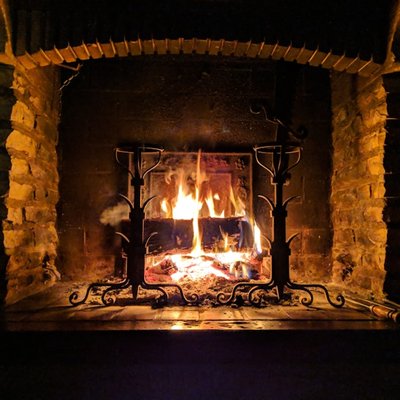- English to French
people
- Dictionary
people
A plural noun is a noun that is usually used in the plural form (e.g., les funérailles, les fines herbes).
a. les gens (M)
(m) means that a noun is masculine. French nouns have a gender, which is either feminine (like la dame or la lune) or masculine (like l'homme or le soleil).
There were so many people at the concert I couldn't see the stage.Il y avait tant de gens au concert que je ne voyais pas la scène.
b. les personnes (F)
(f) means that a noun is feminine. French nouns have a gender, which is either feminine (like la dame or la lune) or masculine (like l'homme or le soleil).
Dehydration is an issue for elderly people.La déshydratation est un problème chez les personnes âgées.
a. les habitants (M)
(m) means that a noun is masculine. French nouns have a gender, which is either feminine (like la dame or la lune) or masculine (like l'homme or le soleil).
The disease could have destroyed all the people on Earth.La maladie aurait pu détruire tous les habitants de la Terre.
b. no direct translation
This refers to an idiomatic word or phrase for which there is no word-for-word translation.
I've found that the people of Italy put a strong emphasis on family.J'ai remarqué que les Italiens accordent beaucoup d'importance à la famille.
The people of New York City are known for walking fast.Les New-Yorkais sont connus pour marcher vite.
a. le peuple (M) (singular)
(m) means that a noun is masculine. French nouns have a gender, which is either feminine (like la dame or la lune) or masculine (like l'homme or le soleil).
A word or phrase that is singular (e.g., le chat).
The people demand that something be done to lower the crime rate.Le peuple exige que des mesures soient prises pour réduire le taux de criminalité.
a. le peuple (M) (singular)
(m) means that a noun is masculine. French nouns have a gender, which is either feminine (like la dame or la lune) or masculine (like l'homme or le soleil).
A word or phrase that is singular (e.g., le chat).
Those who live in the area are a creative, hardworking people.Ceux qui vivent dans la région sont un peuple créatif et travailleur.
a. les gens (M)
(m) means that a noun is masculine. French nouns have a gender, which is either feminine (like la dame or la lune) or masculine (like l'homme or le soleil).
Sometimes, people are really hard to deal with.Parfois, les gens sont vraiment difficiles à gérer.
A transitive verb is a verb that requires a direct object (e.g., acheter).
Conjugations
Indicative of "people"
Collins English Verb Conjugation Tables © HarperCollins Publishers 2023
Examples
Phrases
Random Word
Roll the dice and learn a new word now!




















